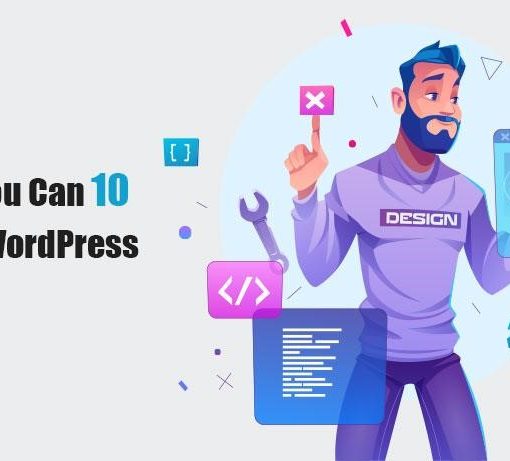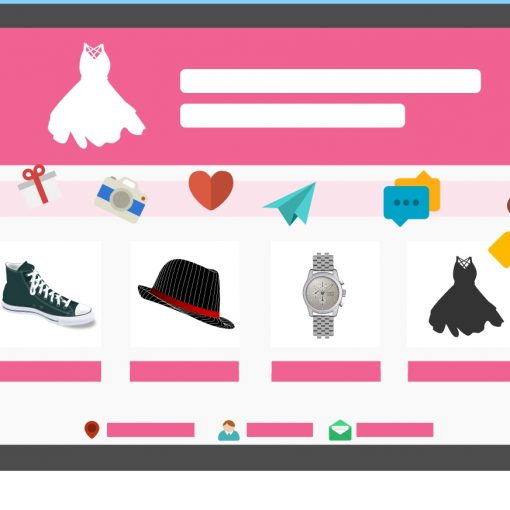Many people and companies have WordPress websites owing to the fact that WordPress websites are highly visible on the internet and are very convenient to use. Nevertheless, for the exact reasons that WordPress websites have huge internet visibility, and that WordPress is an open source script – WordPress websites may become vulnerable to brute force attacks – or hacker attacks.
Do not worry, though, for there are many things that you can do in order to secure your WordPress website. Read on to find out which are the things you can do in order to secure your WordPress website.
1. Update Regularly
The first thing you can do in order to secure your WordPress website is to keep it up-to-date. What this means is that you should do regular updates, otherwise your WordPress website can become more vulnerable to hacker attacks.
‘’Updating your WordPress website is a smart action you can take because by doing so, you will be fixing the bugs on your website, thus providing it with new security patches. Failing to regularly update your WordPress website, along with its themes and plugins, can result in hacker attacks.’’ – explains Nancy Grace, writer at the research paper AussieWritings.com service.
So keep an eye on the WordPress notifications that you will receive when an update is available and do not postpone installing the new available updates. Additionally, make sure to upgrade the plugins, as well.
2. Use 2-Factor Authentication
2-factor authentication is the process when the act of logging in has to be approved by a second step. What this means is that there are two different components involving the login details, the first being the password requirement, and the second one being a component whose nature you, as the owner of the website, can decide.
For instance, the second of the two components can be typing in a secret code, or answering a secret question after having typed in the password. You can also receive a notification on your smartphone, which you can use to login after having typed in the password.
The Google Authenticator app allows for 2-factor authentication, and it is easy and convenient to use. Using 2-factor authentication can further help to protect your website from hacker attacks.
3. Use SSL to Encrypt Data
SSL stands for Secure Socket Layer. By implementing an SSL certificate on your WordPress website you will enable the secure transfer of data between the server and the user browsers.
You can get an SSL certificate for your WordPress website in a simple manner: you can either purchase an SSL certificate, or you can see if your hosting company provides a free SSL certificate. Another perk of implementing an SSL certificate on your WordPress is that usually websites with SSL are ranked higher in Google rankings, which means you would get more traffic on your website.
4. Limit Login Attempts
The default setting on WordPress websites is that you can attempt to login as many times as you please. Keeping this setting can make your WordPress website more vulnerable to hacker attacks. In order to prevent brute force attacks on your WordPress website, you can limit the number of login attempts that can be made on it. This can be easily done by installing a security plugin designed for the exact purpose of limiting login attempts.
An example of such a security plugin is the WordPress Defender plugin. You can easily set up this plugin and further protect the security of your WordPress website.
5. Remove Your WordPress Version Number
Removing the WordPress version number from your WordPress website is another security precaution you can take in order to protect your website. This security measure is useful because hackers would not be able to see which version of WordPress you are using. The WordPress version number can be found in three areas on your website: the generator meta tag in the header, query strings on scripts and styles, and the generator tag in RSS feeds. That is why removing your WordPress version number is a smart move to make in order to further secure your website.
Running a website is a serious task, and it comes with great responsibilities. Securing your WordPress website is always a smart move to protect it from hacker attacks.
Keeping in mind to update your WordPress website, along with all the plugins, on a regular basis, implementing 2-factor authentication, using an SSL certificate in order to encrypt data on your WordPress website, limiting the number of login attempts, and removing the WordPress version number from your WordPress website are a few security measures you can take in order to prevent unwanted brute force attacks. If you keep in mind the security measures listed above, you will be implementing a good and smart security strategy for your WordPress website. By no means is this a full list of what you need to do to properly secure your WordPress. You should do additional research and take more steps to properly secure your websites and servers.
About the Author
This article was submitted to us by a third-party writer. The views and opinions expressed in this article are those of the author and do not reflect the views and opinions of ThisHosting.Rocks. If you want to write for ThisHosting.Rocks, go here.





